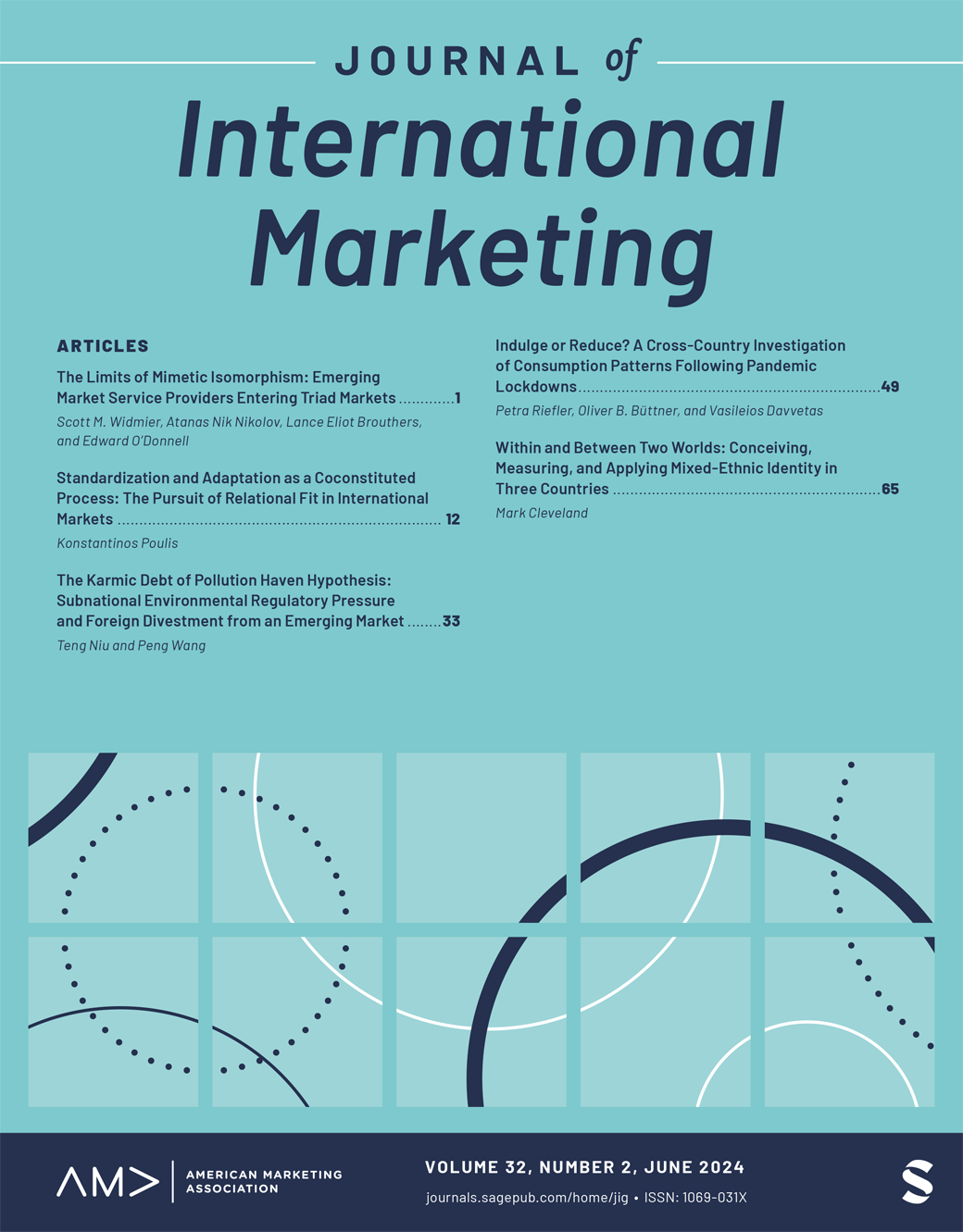我们跳舞好吗?新冠肺炎期间的休闲舞蹈、健康与生产力表现:三县研究
IF 4.2
2区 管理学
Q1 BUSINESS
引用次数: 6
摘要
心理健康问题在世界范围内日益普遍,强调有必要研究幸福的前因后果。先前的研究表明,在组织内部,较高水平的主观幸福感(SWB)可以促进生产力绩效。在这项研究的基础上,作者假设娱乐性舞蹈通过更高的主观幸福感对生产力产生积极影响。来自巴西、意大利和英国的调查数据显示,休闲舞者比非舞蹈演员更有生产力,因为他们的内在动机和SWB更高。除了主观幸福感的中介作用外,跳舞对生产力还有额外的直接影响。结果表明,这三个国家的幸福感和生产力都有所提高,尽管它们显示出一种调节效应,即当社会规范被认为更宽松时,娱乐性舞蹈和幸福感之间的关系会更强。这项研究表明,将休闲舞蹈纳入企业福利计划可能会带来潜在的深远好处。国际舞蹈组织可将舞蹈课作为提高工作效率的途径进行营销,并探索与公共卫生营销的协同作用,在联合国际运动中宣传娱乐性舞蹈的好处。本文章由计算机程序翻译,如有差异,请以英文原文为准。
Shall We Dance? Recreational Dance, Well-Being and Productivity Performance During COVID-19: A Three-Country Study
Mental health issues are increasingly prevalent worldwide, emphasizing the need to research antecedents and consequences of well-being. Prior research shows that within organizations, higher levels of subjective well-being (SWB) promote productivity performance. Building on this research, the authors hypothesize that recreational dance positively influences productivity through higher SWB. Survey data from Brazil, Italy, and the United Kingdom reveal that recreational dancers are more productive than nondancers due to their higher intrinsic motivation and SWB. Dancing has an additional direct effect on productivity, beyond the mediating role of SWB. The results indicate well-being and productivity improvements in all three countries, although they show a moderating effect such that the relationship between recreational dance and SWB is stronger when social norms are perceived to be looser. This study indicates potentially far-reaching benefits that could be achieved by including recreational dance in corporate well-being programs. International dance organizations could market dance classes as a pathway to increase productivity at work and explore synergies with public health marketing to promote the benefits of recreational dance in joint international campaigns.
求助全文
通过发布文献求助,成功后即可免费获取论文全文。
去求助
来源期刊

Journal of International Marketing
BUSINESS-
CiteScore
8.70
自引率
17.20%
发文量
28
期刊介绍:
As the globalization of markets continues at a rapid pace, business practitioners and educators alike face the challenge of staying current with the developments. Marketing managers require a source of new information and insights on international business events. International marketing educators require a forum for disseminating their thoughts and research findings. Journal of International Marketing(JIM) is an international, peer-reviewed journal dedicated to advancing international marketing practice, research, and theory. Contributions addressing any aspect of international marketing management are published each quarter.
 求助内容:
求助内容: 应助结果提醒方式:
应助结果提醒方式:


